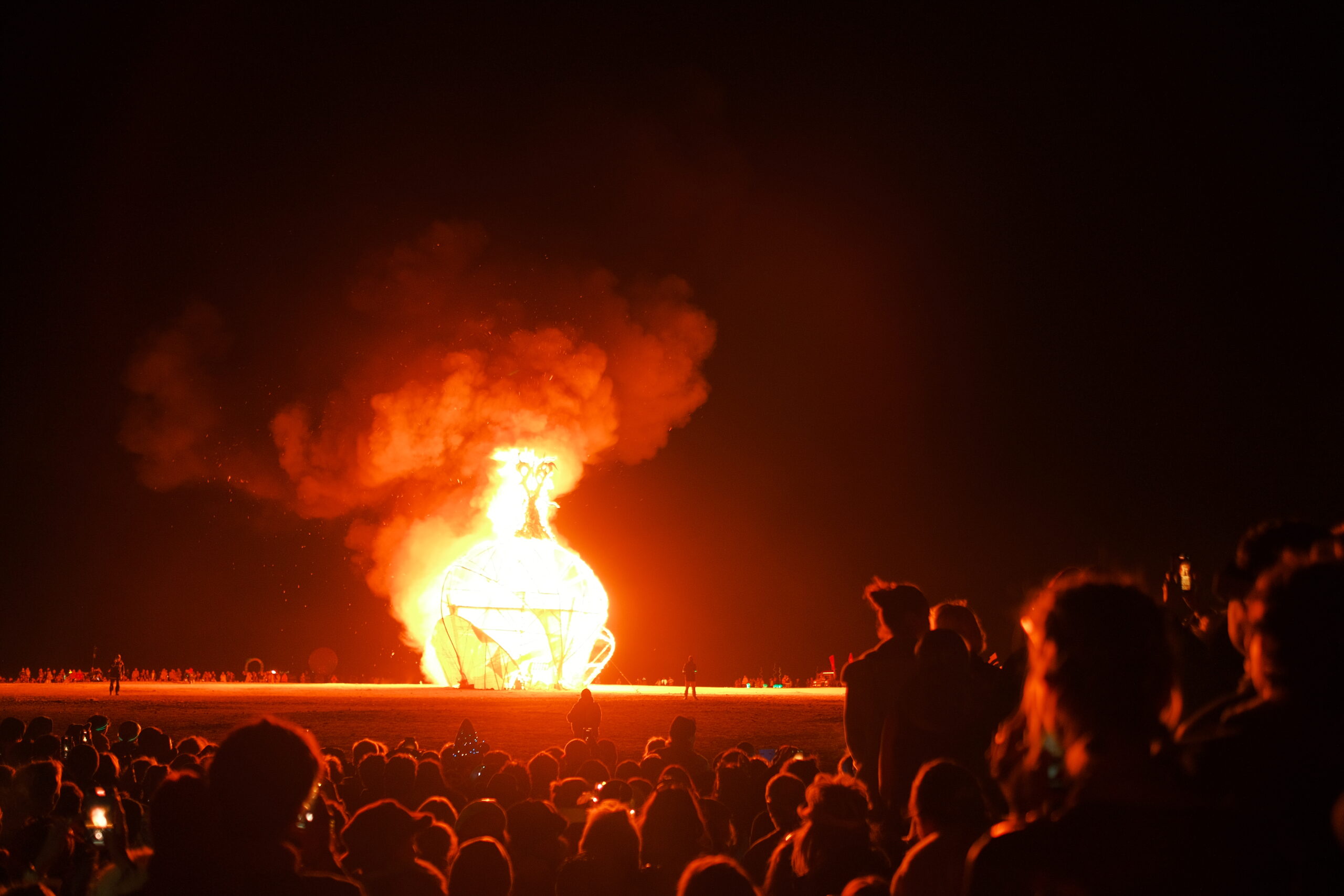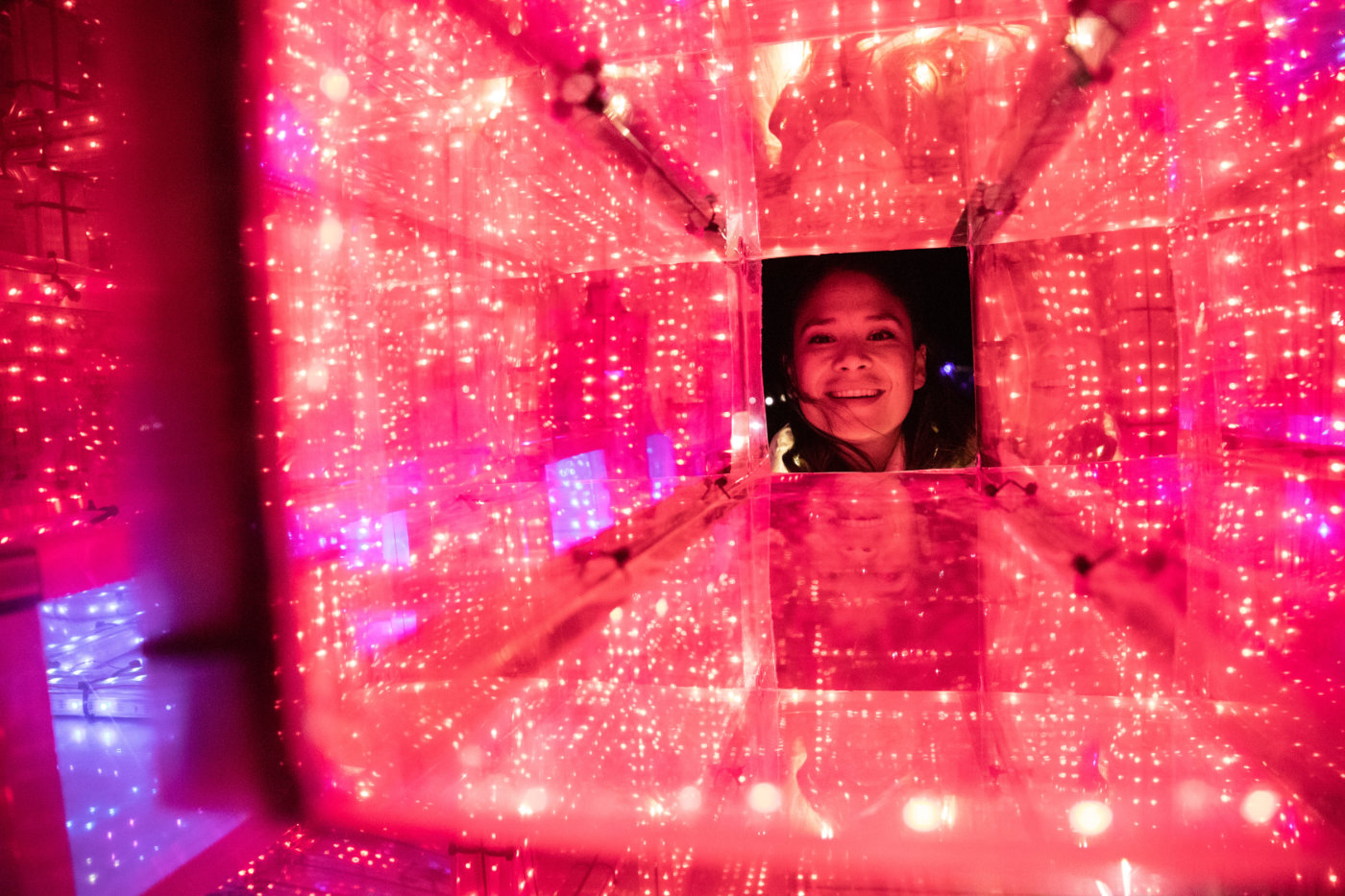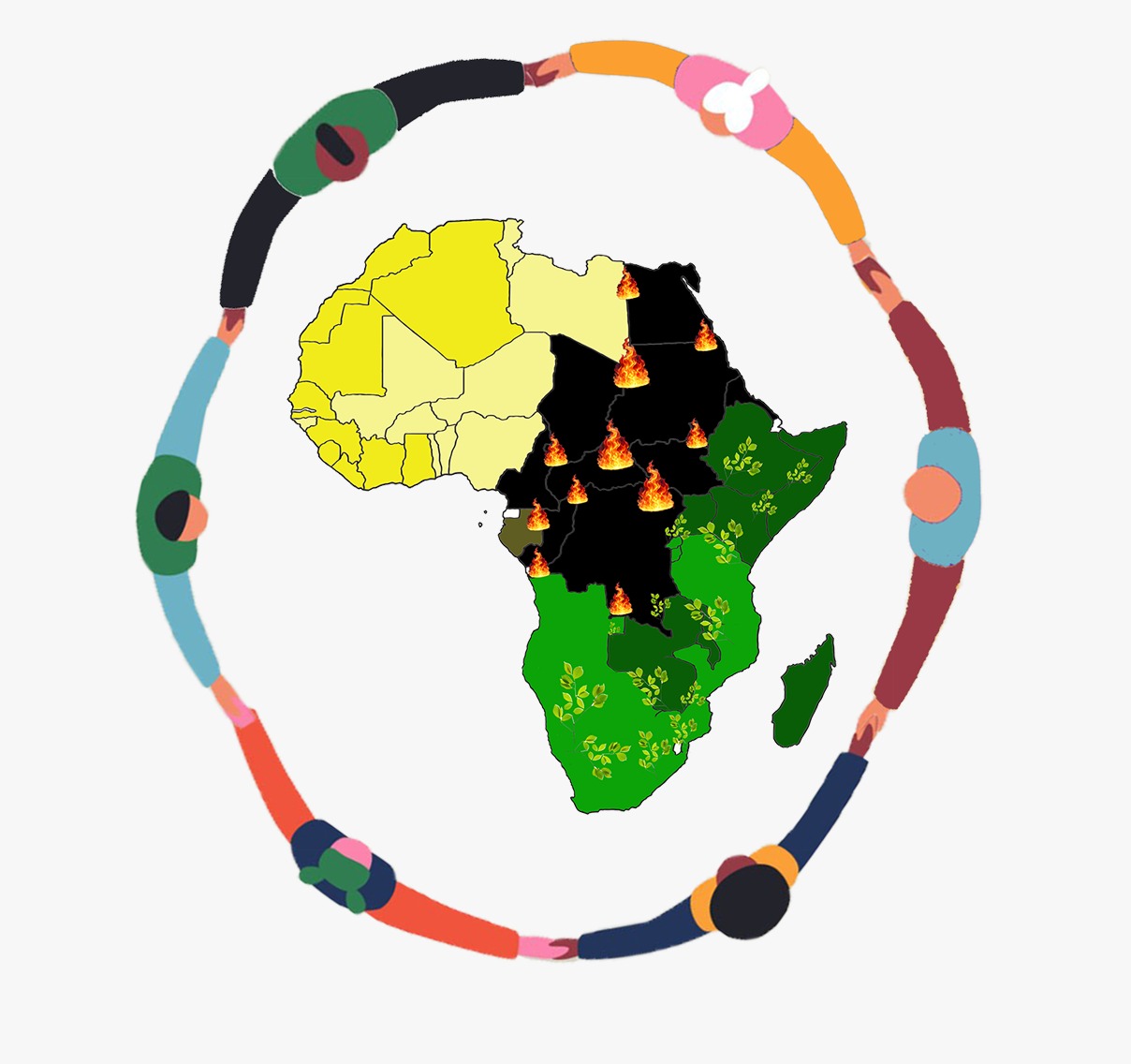[LAST UPDATE: Thursday April 19th 2018]
Day Zero (the day on which taps will run dry) has now been moved out to 2019.
With Cape Town now in the grip of a 3-year period of drought, many people are asking “What will we do about water for our time in the desert?” and many international visitors are asking about whether their water needs will be met if they stay in Cape Town before & after our event at the end of April. These are good and important questions, and as always, good planning before heading into the desert is critical.
The good news is that our community has been ahead of the curve as far as water use goes, because the standard suggestion in our Survival Guide for water use in the desert has always been “5 litres per person per day”. Since our first event in 2007, many folks have also developed tips & tricks* to make the most of the water they haul out into the dust, so they can do more with less. These tips have been shared from camp to camp, and person to person. Radical self-reliance? Civic Responsibility? Each One Teach One. Damn right.
Before we get into the ins & outs of how to manage your water consumption (in Cape Town, or at AfrikaBurn), take a moment to consider that for many disadvantaged communities, the hard realities of using, recycling & conserving water are not a new challenge. They’re the challenges that many millions of people in South Africa have faced all their lives for years. So count your blessings, check your privilege and start applying the same innovative thinking you use in the desert to our urban water challenges.
To answer many of the questions you might have, here are some FAQ’s followed by preparation suggestions:
Q: Should AfrikaBurn happen, with Cape Town running out of water?
A: AfrikaBurn isn’t held in Cape Town. The event is located in the Northern Cape which, though an arid province that has long been faced with water challenges, is not as impacted as Cape Town. Beyond this, if a large number of people (our techies estimate around 8 000 people) leave the Cape Town area for the duration of our event, this will mean there will be that much fewer water users relying on Cape Town’s water supplies. Our estimates are that (based on 2017 event numbers, which will be the same this year) that the absence of our community members in Cape Town saves about 1.5 million liters per event. This is on the assumption that the average Cape Town burner uses 50 l/day in town and 5 l/day in the Tankwa. If that is dropped that to 25 l/day in Cape Town, this still results in 850,000 litres of water being saved over our event period.
Q: Will I be able to get water for my trip into the Tankwa Karoo to AfrikaBurn?
A: Access to water will be affected by where you’re travelling from: if you’re coming from the wetter regions of SA, it won’t be an issue. However if you’re coming from Cape Town or other regions affected by water shortages (and there are many of them), chances are that you’re going to have to:
– make use of water provided at municipal water stations
– purchase bottled water, supplies of which have not been (and will not be) affected by Cape Town’s drought, because a lot of bottled water is sourced from parts of South Africa from areas that are not faced by water challenges
– source your water en route to our event site, from a variety of towns
– obtain water at public springs in Cape Town (listed below)
Q: How will I get water in Cape Town if I don’t want to buy bottled water?
A: If you’re smart, and you live in Cape Town, you’ll think smart and find out where springs, municipal taps or other available sources are located. If Day Zero happens, Water Collection Points will be set up by the Western Cape provincial government – and we’ll publish this info as and when it becomes available, so our community can stay informed. Newlands Spring is being expanded to provide more taps, and 24-hour access: it’s a good place to obtain your drinking water whether you’re going to our event or not.
Q: What is the total usage by AfrikaBurn crew on site at the event?
A: For our 2017 event, our DPW crew sourced approximately 89 000 litres of water to serve all operational needs including drinking, showering, cooking and all other water for DPW (a core build crew of 50 people on site for close to 60 days) fire fighters, medics, rangers, airport, gate, security, toilets. This was sourced from Tankwa Locals, an initiative based on a farm alongside our event site which has a reliable source of water that is not affected by the drought. Proceeds from sales of water by Tankwa Locals has and will continue to be contributed to the Tankwa Kinderfonds, which supports the schooling costs of learners at Elandsvlei Primary School (20kms from our event site).
Q: Will AfrikaBurn be supplying water if people run out, at the event?
A: As part of our event planning, a large amount of water is always stored on site for any pressing need. This does not mean anyone can assume they can arrive at the event without our recommended 5 litres per person per day – radical self-reliance still applies – but we will never let anyone who genuinely needs it go without.
Q: I’m coming from outside the country and have to stay in Cape Town before and after the event. I’m not happy that I will be adding to Cape Town’s water worries. What should I do?
A: Cape Town received a lot of visitors daily, and the city’s hospitality industry has taken steps to ensure reduced water usage. It’s good to be concerned – and that you’re reading this is a good indicator of your interest in making the right decisions. If you’re able to, source water from outside Cape Town whilst travelling. Follow Day Zero guidelines, and use water sparingly. If the accommodation you’re staying at doesn’t appear to be saving water, speak up. If you want to avoid using Cape Town’s scarce water supplies, do your best to obtain drinking water in bottles that’s sourced from areas which are not affected by shortages. Common sense applies here: always read the label, so you’re making an informed and ethical choice.
Q: Where is the water used in toilets at AfrikaBurn sourced from?
A: The Northern Cape, on a farm near our event site that is not affected by water shortages. This is non-potable water from a groundwater source.
Q: Where is the water used to make the ice sold at AfrikaBurn sourced from?
A: Worcester, which has 3 large supply dams that are independent of the Cape Town water supply, and is thus not faced with water restrictions.
Q: Where do I get updates on Day Zero?
A: On the City of Cape Town’s Day Zero dashboard page, right here.
Q: Where do I find the City of Cape Town’s official water-saving suggestions?
A: Also over on the City’s website, here. For responses from the CoCT on issues such as whether sea water can be used to flush toilets, borehole regulations and more, see this Q&A by Groundup.
Q: Where can I get water containers so I can obtain & store water for my trip into the Tankwa?
A: Water in plastic 5-litre containers is available at all major supermarkets throughout South Africa, including Cape Town. 25-litre containers are also available from plastic stores. As with 5-litre containers, spend some time investigating where stocks are to be found. Plan ahead: don’t leave your storage container purchases to the last minute.
Q: If I arrive in Cape Town close to the event dates, and have to travel directly without filling up on water, can I get water in the Tankwa?
A: It’s not a good idea to leave something as critical as water to chance, so we suggest that you contact camp members or friends and request that they help you in this area, so that you don’t hit the dirt road without your water supply in hand. However, if you absolutely aren’t able to sort this out, then your last options will be the Tankwa Padstal and Halfway House, both of which are located on the R355 before our event site (coming from the south) and both of which do always carry stocks of water. However, our advice is not to rely on these sources, as their remote location means that stocks may run out if & when our community pass by en route to our event site. Be aware that these stores are only open during the daytime.
Q: When is Day Zero?
A: It’s always changing, as new data about water levels and usage are updated. Presently it has been moved out to 2019.
How to prepare for Day Zero (whether you’re coming to AfrikaBurn or not):
– if you’re able to (and haven’t yet done it), install water tanks to capture rainwater from gutters
– capture all water, whether in showers or basins or anywhere else, and use where required
– shower with buckets or other containers that can catch the water, and re-use
– piss in the garden if possible
– chuck wipes in a bin rather than throwing them into the toilet (this makes toilets easier to flush – with greywater – by not clogging them up with wads of toilet paper). Burn the wipes, or use them in a compost heap, or as buried mulch in your garden if you have one
– use a composting toilet instead of a flushing toilet if you can. Can’t buy one? Make one.
– wash dishes only when you have to, once piled up. Capture the rinse water and use elsewhere (on floors & windows)
– if you have a dishwasher, disconnect it and start washing dishes by hand using an economical method
– use biodegradeable washing powder, do washing less frequently, and re-use clothing to reduce wash volume
– adapt your washing machine outlet to capture greywater, and use this for non-potable purposes
– capture your kitchen sink water in a basin, and use in your garden if you have one, or to flush with
– once Day Zero kicks in, locate and use local Water Collection Points for sourcing your drinking and washing water
– use a basin for a wipe-down in place of taking a shower. Use (biodegradeable, eco-friendly) wet wipes to save even more water
– use bicarbonate of soda and vinegar for cleaning – it will mean your greywater is garden friendly
– got water containers from previous burns? Fill them at Water Collection Points or springs, and keep the water clean by using a small amount of bleach (or water purification tablets)
– apply the tips & tricks learned in the desert to your home life, and share them with anyone who could use them
– locate springs or water stations in your area as options for stocking up ahead of departure
– source bottled 5-litre water from regions in SA that are not faced with water shortages
– we shouldn’t have to point this out, but in case you haven’t heard this yet: you should not be washing your car, watering your lawn or filling your pool, at all
– if you’re travelling from outside South Africa and are considering what water containers you would be able to bring with you, think about options such as collapsible bladders, such as this example, or this one
How to prepare for your camp’s water needs:
– meet with your Collective crew (or campmates) and start planning the co-ordination of your water collection, transport and storage
– before your hit the road, freeze water in sealed containers to use as ice ballast (ie: store in your best cooler box/es) and then drink the water once thawed on site. This will keep all of your food & drink colder and healthier for longer, while providing daily cold water for drinking.
– if possible, locate last springs or town where you can fill up (easier on fuel)
– if you use ice in your camp, rent a refrigerated trailer so your ice stays solid (so you don’t waste any as melt) and source the water (or ice) from areas where Day Zero restrictions are not in effect.
– do not expect petrol stations in towns outside Cape Town to happily allow you to fill up your camp’s 25-litre water containers. Plan ahead and plan well so you’re not caught out en route.
– use a spray bottle filled with soapy water to soap yourself, and another with fresh water to rinse off
– if you have water left over at the burn, DO NOT DUMP IT ON SITE – store it & take it back to Cape Town. Get campmates to ferry back their share – don’t be left with water you can’t carry.
– read, read, read – be self-reliant and smart, and do the homework so you can save, spare and share water
– contact [email protected] for more camp info & water planning
Public water sources in Cape Town:
– Brewery Spring (corner of Letterstedt & Main Rd)
– Kildare Spring (also located in Newlands, on Spring Way)
Update on Brewery Spring: more taps have been added, and the spring is now open 24hrs a day, with security in attendance.
Water sources en route to AfrikaBurn:
- Ceres Pistop
- Worcester
- De Doorns
(we do not encourage you to fill up on large volumes of water in Calvinia or Sutherland, as these towns are faced with a serious water shortage. If you have any to spare after the event, please consider donating it to the community by taking it to the respective Municipal offices.)
For more helpful tips & suggestions on saving water:
– Water Saving Ideas Indoors
– Water Saving Ideas Outdoors
Recommended reading:
City of Cape Town’s ‘Disaster And Demand’ PDF (issued 1st Feb 2018)
Events:
24 – 25 Feb, Observatory – Cape Town Science Centre Water Hackathon
*Come back for updates: we’ll refresh the content with updates as and when new info becomes available. If you have tips and suggestions to share, let’s have ‘em: mail [email protected] and we’ll share them with our community, here and elsewhere.



